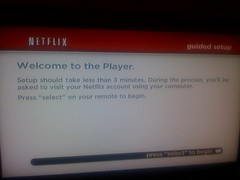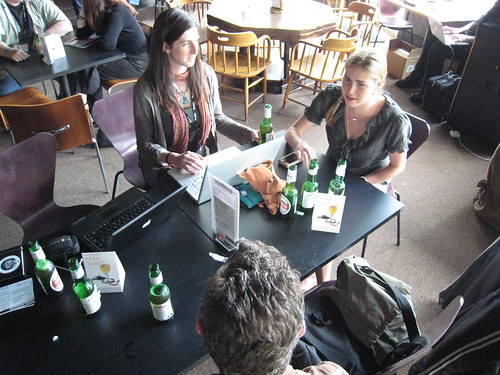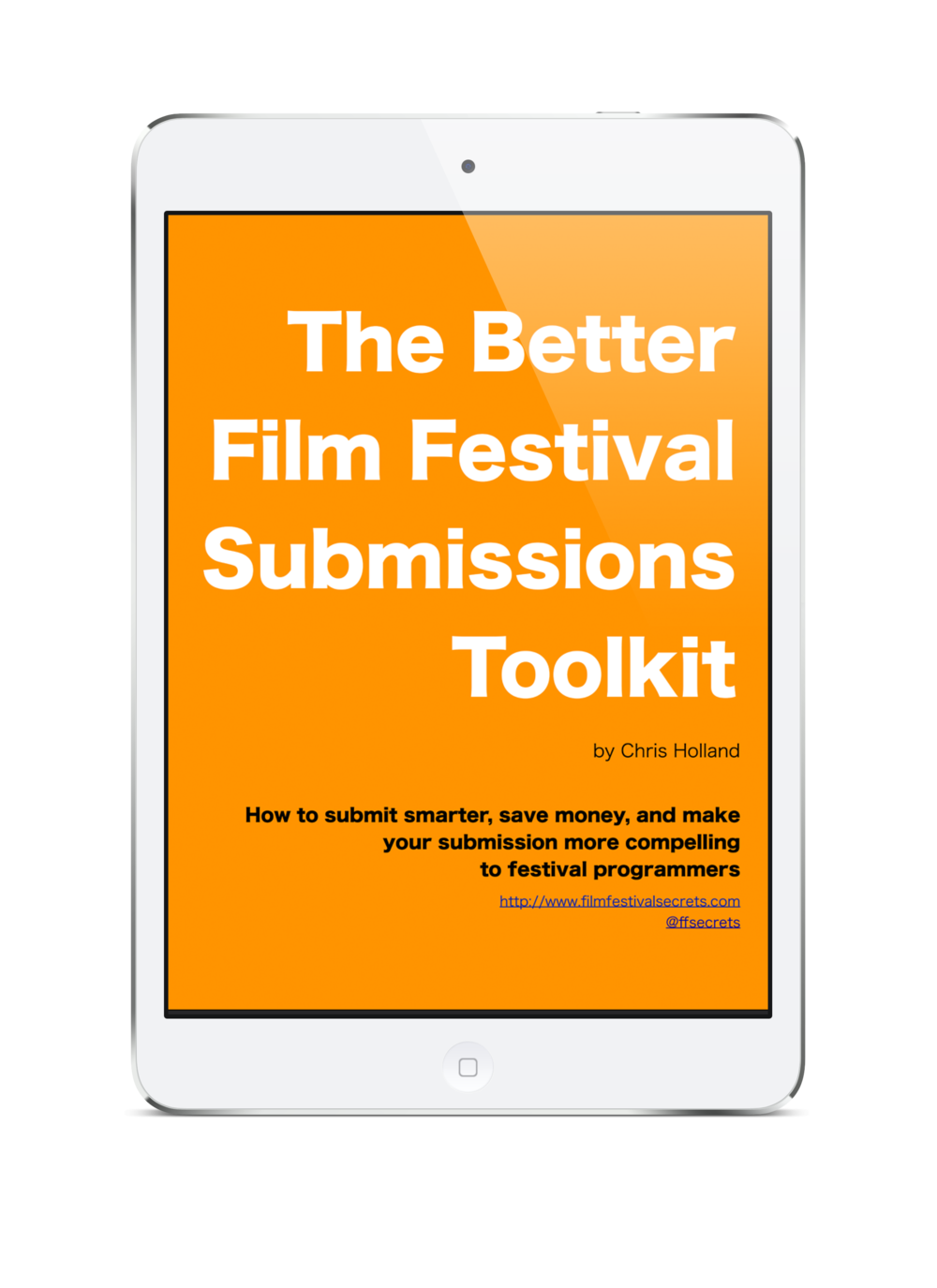I went over to my local big box bookstore today to scope out filmmaking books. It occurred to me that apart from the books that actually cover film festivals as their main topics (most of which I already own or have coming to me from various Amazon resellers), the filmmaking books probably cover film festivals briefly as part of the process. Here are the books I perused and brief thoughts on each.
Independent Feature Film Production by Gregory Goodell.
General impressions: This book has many accolades from Amazon reviewers and well-known industry types, but it hasn't been updated since 1998. A lot has changed in filmmaking and in the festival world since then, so I'd recommend finding a more recent book that covers newer filmmaking technology and festival advice. However, enough people seem to still find this tome relevant even today so it's probably worth at least flipping through it as a primer on the "old school" methodology -- and to see if the author's style matches yours.
Festival advice: Makes some good distinctions between festivals and markets and why you want to do both if possible. Also advises not to send your work to festivals incomplete. Mentions that 80% of all works submitted to Sundance are incomplete -- is this true? Would love to see some confirmation of that.
The Everything Filmmaking Book by Barb Karg, Rick Sutherland, Jim Van Over.
General impressions: I'm always vaguely suspicious of books that come out as part of a general "how to" series like this one, or the "Dummies" books. I'm sure that the publishers recruit knowledgeable authors for each individual topic, but when the series includes such wide ranging topics as weddings, college survival, and the Civil War, it puts me in mind of the "jack of all trades" adage. That said, I do like the action-oriented workbook style of this title, with checklists and such. Not nearly as comprehensive as the other titles here, but thorough in its way and undaunting.
Festival advice: A pretty brief overview of festivals and how they work. If this were the only filmmaking book I owned I'm pretty sure I'd go running for another reference when it came to festivals.
The Guerilla Film Maker's Handbook by Chris Jones and Genevieve Jolliffe .
General impressions: This was the book I liked best -- tons of in-depth interviews with many well-known names in the indie film industry. Reading the book through can be a bit disorienting as the chapters are, in some cases, merely sets of interviews strung together with how-to lists. This weakness is also the book's greatest strength: the GFM Handbook is a massive tome that weighs about five pounds and covers just about everything with fascinating viewpoints from filmmakers, industry execs, festival staff -- everyone you can think of.
Festival advice: The festival section is about as light as the festival sections in these other publications, though the authors do go a bit further than their colleagues by including interviews from filmmakers and Sundance director Geoffrey Gilmore. They also include a list of practical tips for attending festivals, not something I saw much of in the other books. Of all of the books I pawed through this afternoon, this is the only one I'm considering going back and buying -- if only because copies of it are going for $60+ on Amazon -- the list price is $30!
Note for doc filmmakers: the authors have also written The Documentary Film Maker's Handbook -- probably worth a look and actually available at a discount from Amazon.
From Reel to Deal: Everything You Need to Create a Successful Independent Film by Dov S-S Simens.
General impressions: This book was the only other title that I had strong feelings about -- mostly negative. Full disclaimer: I only read the section on festivals, but the tone was so abrasive and dogmatic that it didn't inspire me to skim the other chapters as I did with the other books. The reviews of Reel to Deal on Amazon are universally positive, so I guess people like to be told what to do every step of the way, as if filmmaking were little more than a paint-by-numbers project. If that's what you want, Simens is more than willing to give you your marching orders and I don't doubt that much of the information is helpful to the clueless. This may be the indie filmmaker's bible for all I know, but if one listens to this apostle, the god of indie filmmaking is not a loving god. (Actually, that's probably pretty close to the truth.) I'll give this to Simens -- people seem to love his advice. He's got a whole industry of "2-Day Film School" products and a roster of famous people extolling his virtues, from Quentin Tarantino to Michael Jackson. Hey, if you pony up the $400 and enroll in his course you'll even get a film school diploma.
Festival advice: the advice on submitting to festivals given by the author assumes that your film is the next Little Miss Sunshine. And if that's the case, the advice he gives isn't bad. Submit to the top festivals (Simens says the submission fees "won't be much, maybe $50") and eschew the rest, because acquisition execs won't be at the other festivals. Again, if your film is a surefire hit just waiting to be snapped up by the Weinsteins that's fine advice. If your picture is of even a slightly lesser caliber, however, it might be nice to know that there's a circuit of festivals out there where your movie might be appreciated -- and where you might find an audience for lower-profile distribution.
The Complete Guide to Making a Movie by Lorene Wales.
General impression: Oddly, the cover says "The Complete Guide to Making Movies," but it's listed in Amazon as just "Making a Movie." Either way, it's easy to find. Just a short blurb about this one as it had practically nothing to say about festivals, so I didn't read much of the rest. It does, however, have a CD-ROM included with a ton of forms for production and legal purposes -- some real nuts and bolts stuff that could be super-useful to a neophyte looking for concrete examples on how films get made. (Edit: Looks like there might have been a title change between editions.)




